
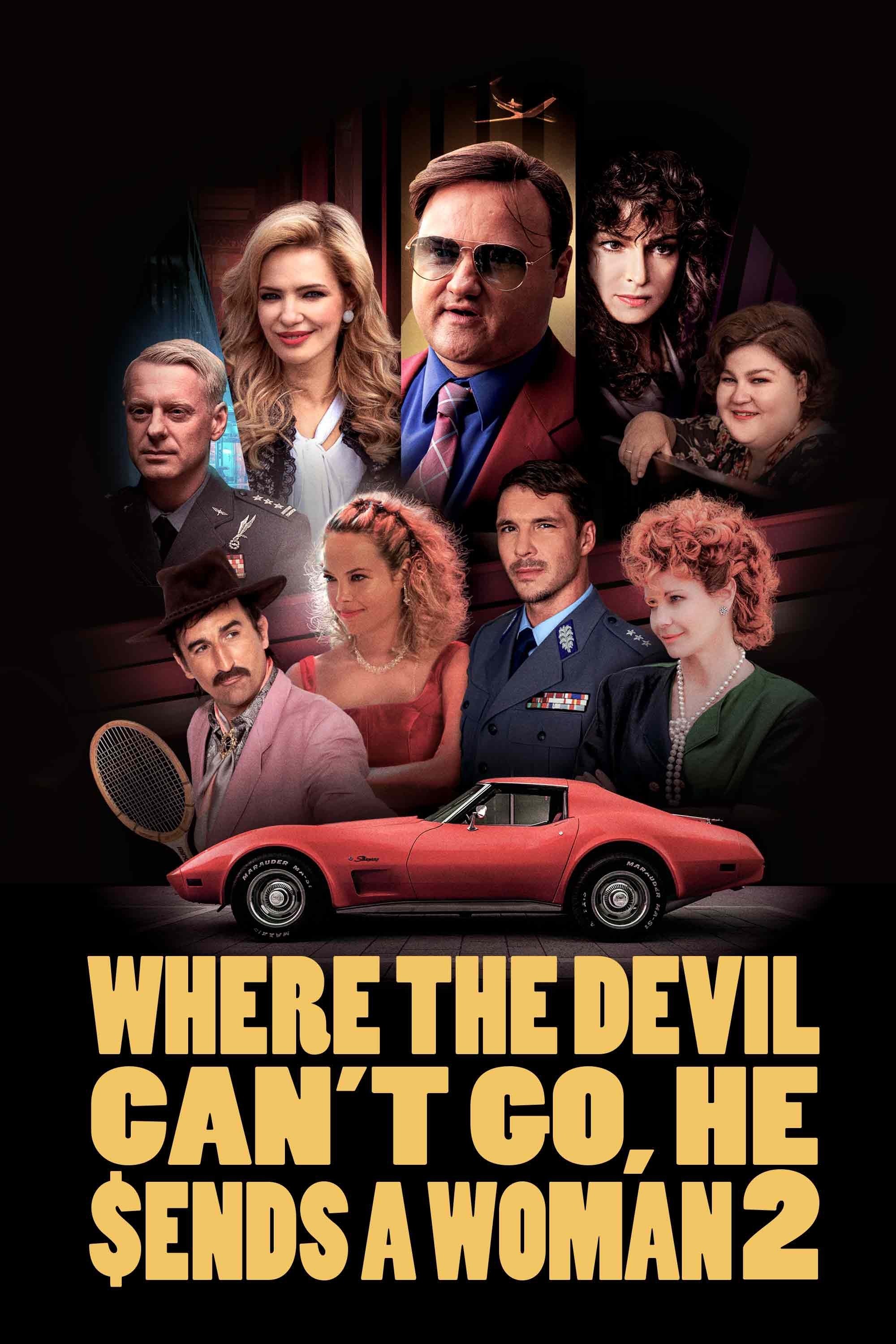
The true story of Polish fortunes and the story of the heroes from the first part has its colorful continuation. Can business friends continue to trust each other when even more money is at stake? How were state-owned companies privatized, garnering millions into private pockets? Who was pulling the strings in free Poland? Even more mysteries. Human weaknesses.

Poland in the 80’s was a country ruled by crisis and a sense of hopelessness. Only few knew how to turn crisis into a business. It was a golden time for them. How did they know what would bring them money? How did they operate in a country where almost everything was forbidden?
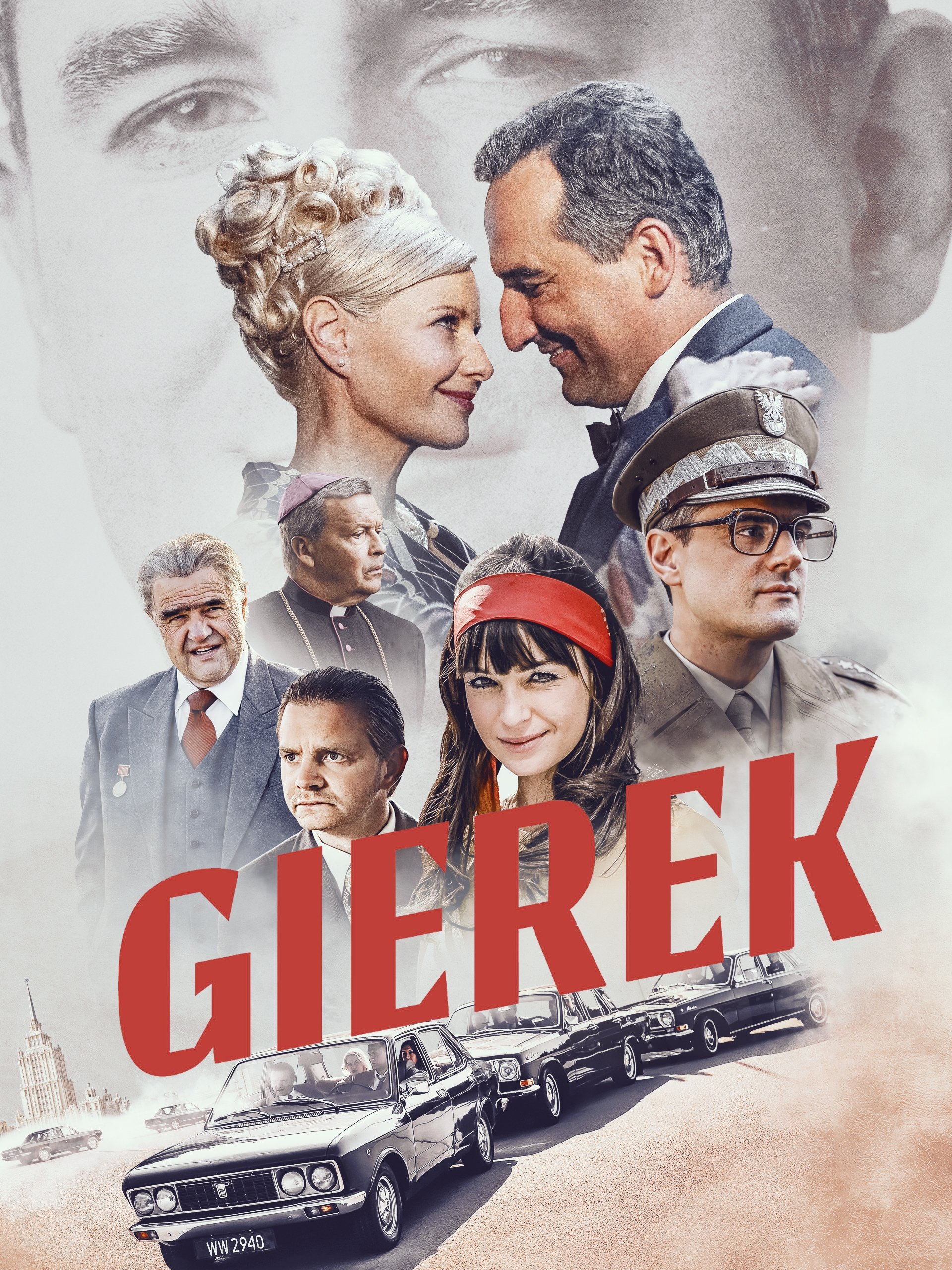
A film about a man with a breakthrough history of Poland in the background. Edward Gierek is one of the most important figures of the 20th century in the collective memory of Polish people.
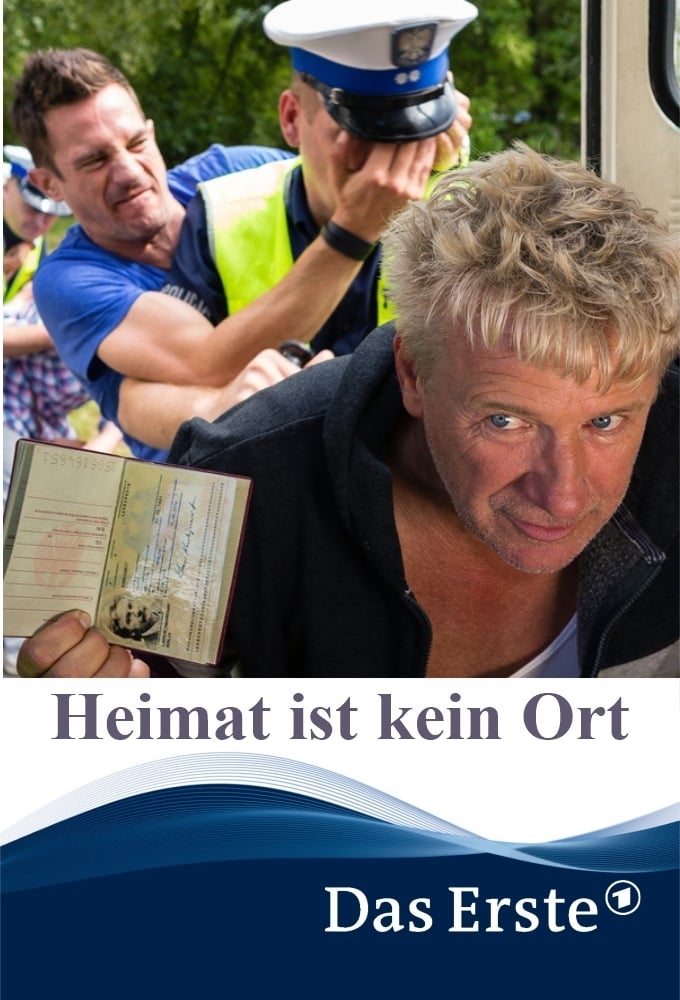
The unemployed taxi driver Klaus, the gay dog sitter Uwe and the strict nurse Inge did not have an easy childhood. Her mother died too early, the father then gave her home. Now the old man has died and for the hated Kurbjuweits is the Notarbesuch on. Klaus, Uwe, Inge and their daughter Jule now hope to inherit money and real estate - but they are surprised by an unusual testament. They have to scatter the ashes of the dead in places in their East Prussian homeland, which were important to the father. Together with the young Polish notary Krzysztow, who is supposed to supervise the proper implementation, they are leaving for good or ill. It takes them almost to Polish prison and soon to a wedding, where they understand better not only the father, but also himself better.
A young hospital worker meets a patient awaiting abortion procedure. Their childhood stripped away from them too early, the two form a bond which might help them survive.
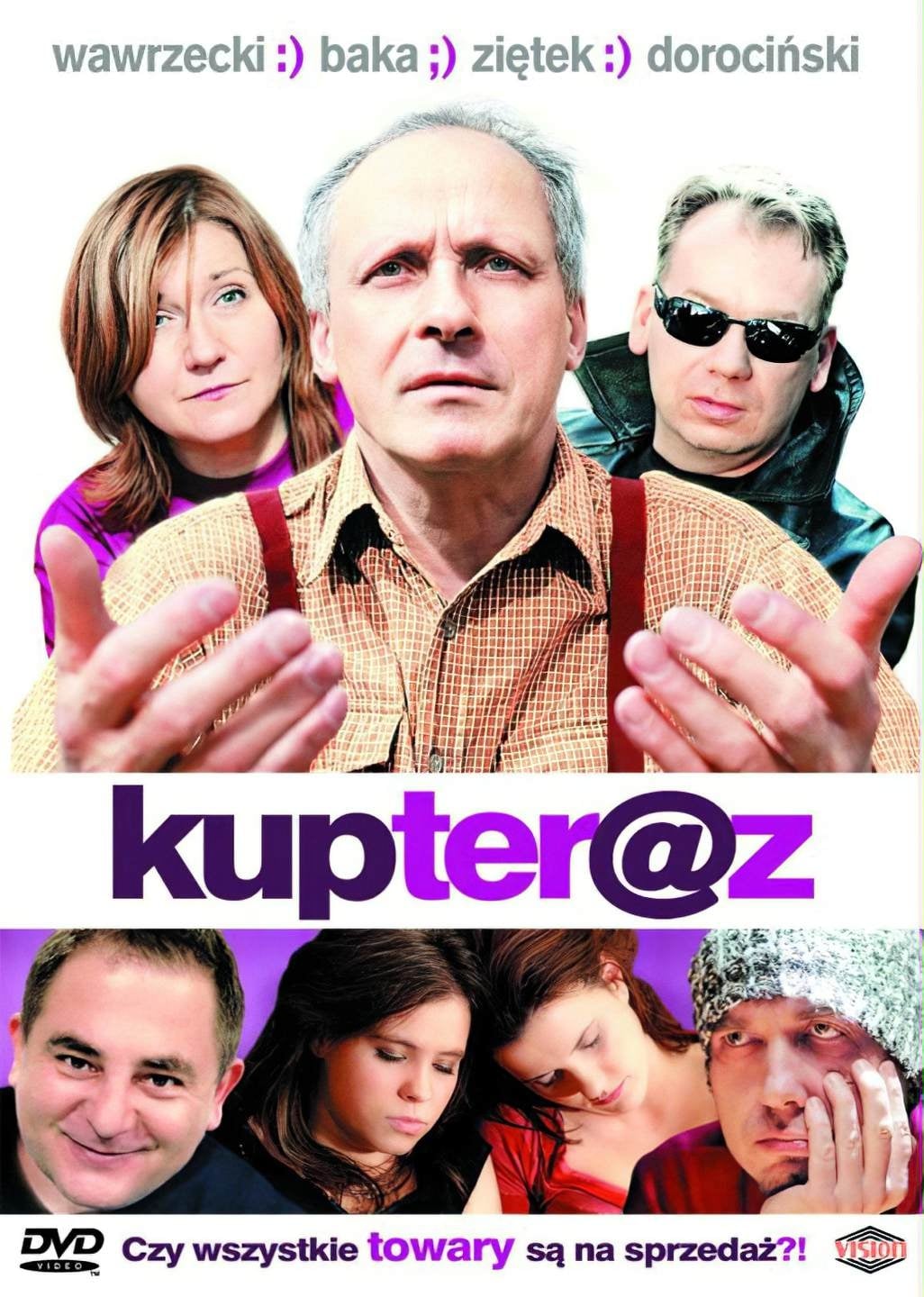
A TV movie based on the television series "Złotopolscy", concerning a Christmas Eve for the familes of Złotopolscy.
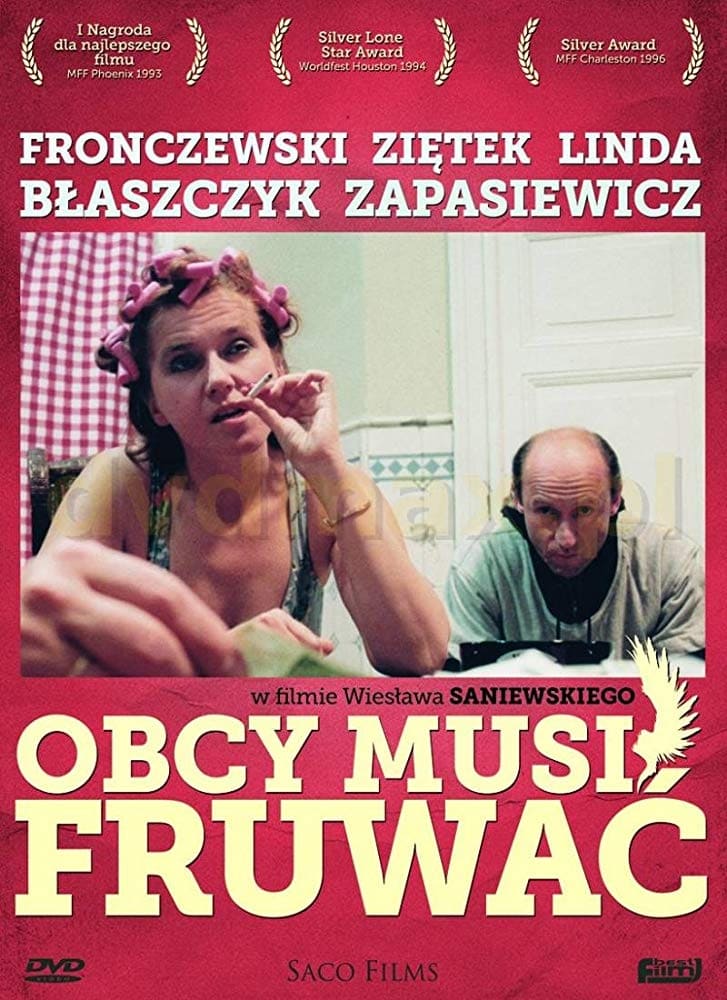
Berlin, 1990. At the invitation of his actor friends, who have already lived abroad for many years, Max, a Polish theater director, comes to Berlin. They begin to work together. They try to realize their dream: to stage a play, the staging of which was prevented by the imposition of martial law ten years earlier. The way they raise funds (selling pieces of the "historic" wall) and struggle against the heartless machinery of bureaucracy forms the axis of the film. In their efforts, the four protagonists are assisted by Regina, a translator familiar with local customs and practices. The film deals with the problems of artists in the new, commercializing reality. It is the story of strangers, auslanders who want to realize their dreams and ambitions outside their homeland. It raises topical issues of chauvinism, xenophobia and hatred of foreigners felt by both Germans and Poles.
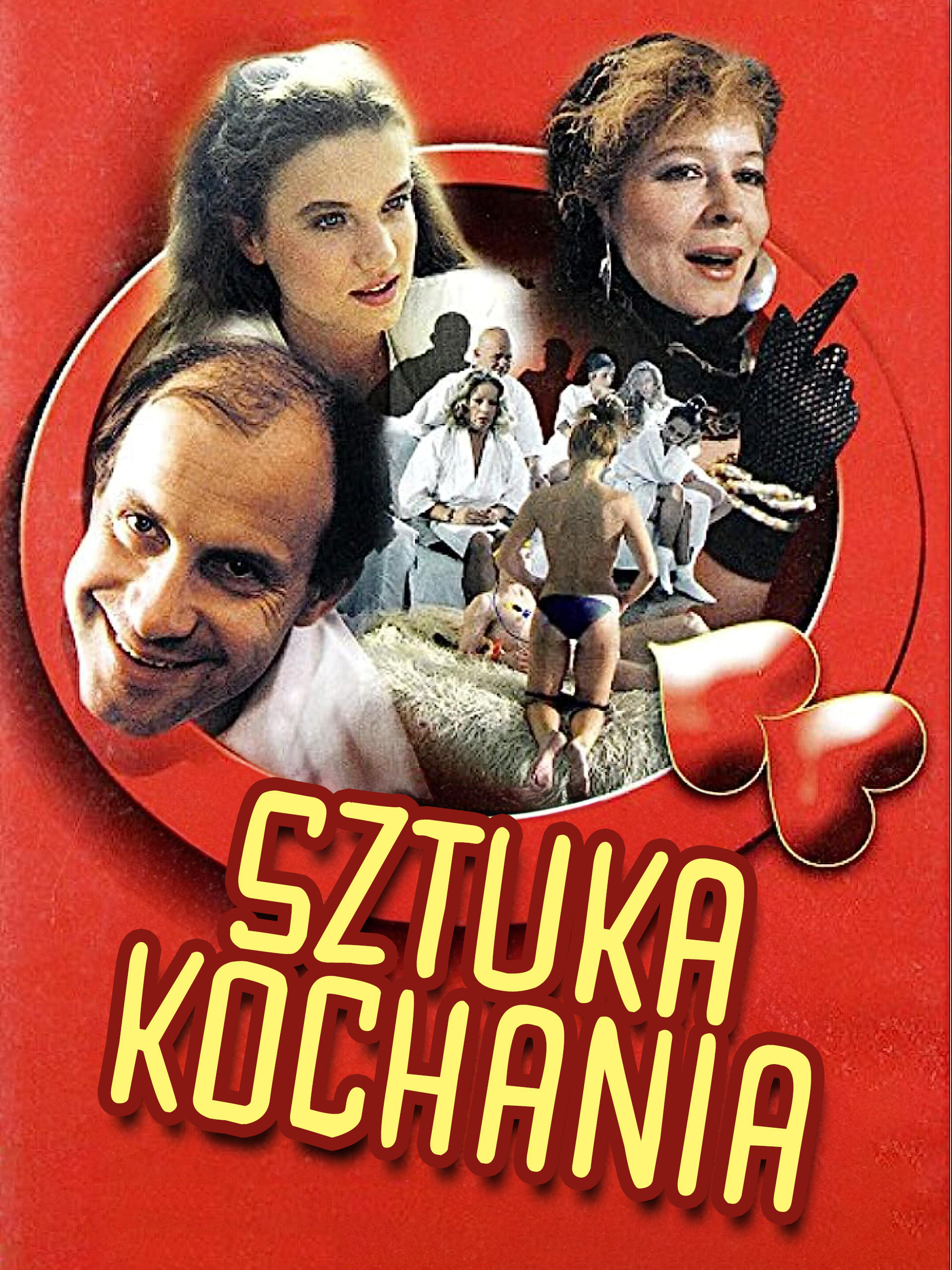
Prior to her wedding a nineteen years old Anna can't stop wondering - whether she made the right choice? So she decides to seek the advice of a well-known sexologist...
By browsing this website, you accept our cookies policy.